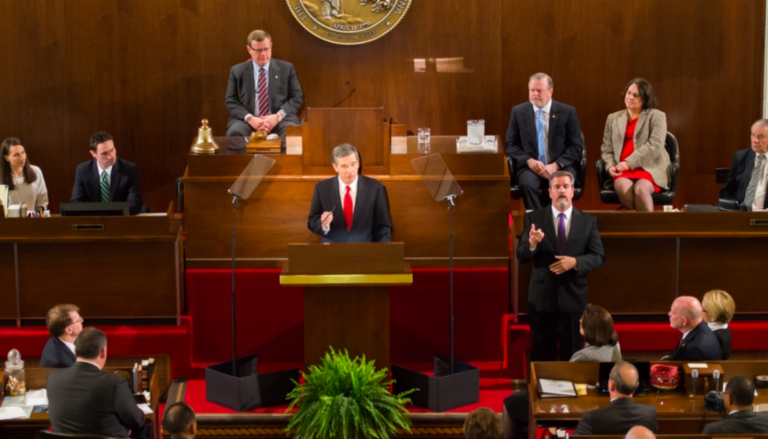
The N.C. Supreme Court on Friday struck down a law passed by the GOP-led N.C. General Assembly that would have stripped elections powers from the North Carolina governor and manipulated the makeup of the state and local boards of elections to give Republicans control over decision-making.
READ THE COURT’S FULL OPINION HERE.
County board of elections members from both parties had opposed the law which would have made a local Republican board chair required in even-numbered years for county boards and in presidential years for the State Board of Elections. Board members would have been nominated through the parties (as under current law); but an even number from each major party must serve on the county boards (2 Democrats, 2 Republicans) and the State Board (4 each), instead of a majority of the 3-member county boards and 5-member State Board coming from the governor’s party. County election officials warned that the new system would have created partisan gridlock, with decisions requiring at least 5 votes at the State Board and 3 votes at the county boards, giving each party veto power.
In response, Democracy NC filed an amicus brief with the Brennan Center for Justice at N.Y.U. School of Law last year, highlighting the dangers of political entrenchment in North Carolina’s merged Elections and Ethics Board and why the Court should intervene.